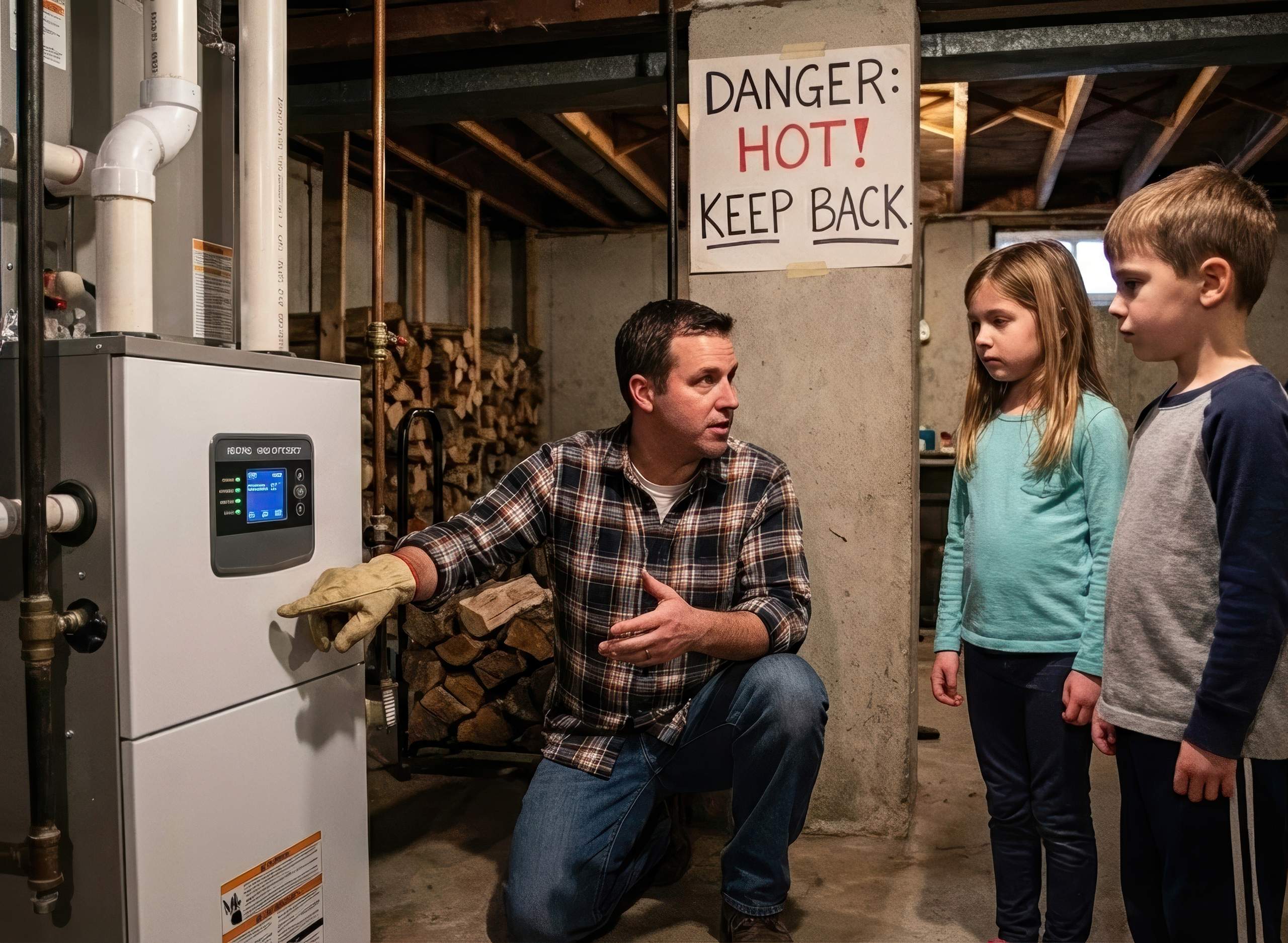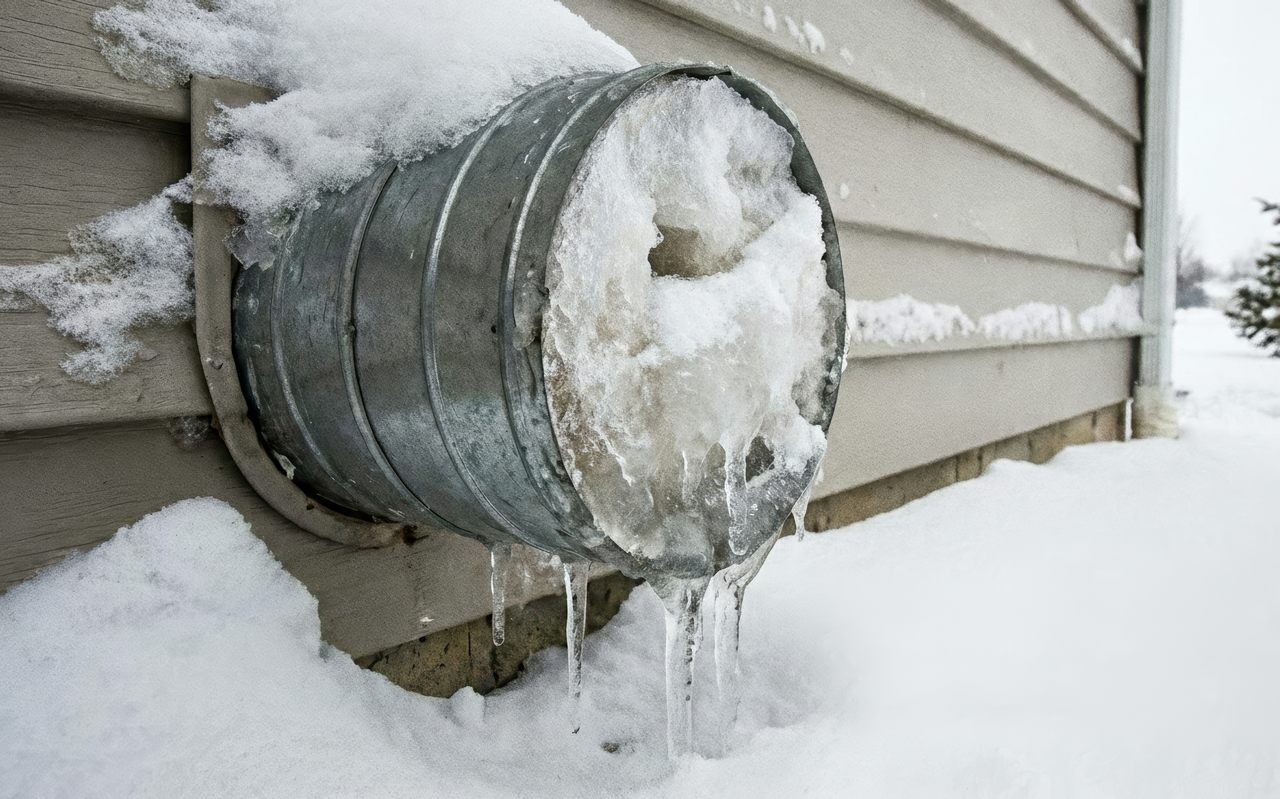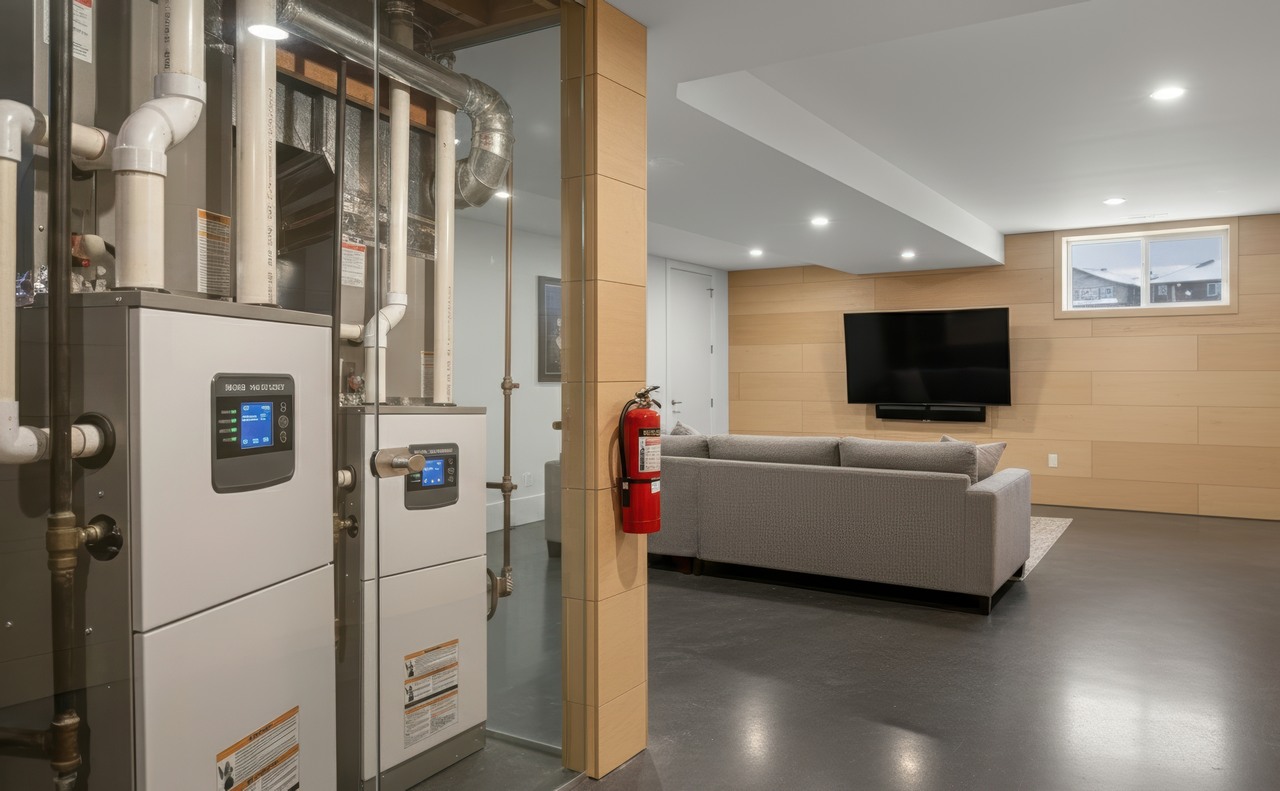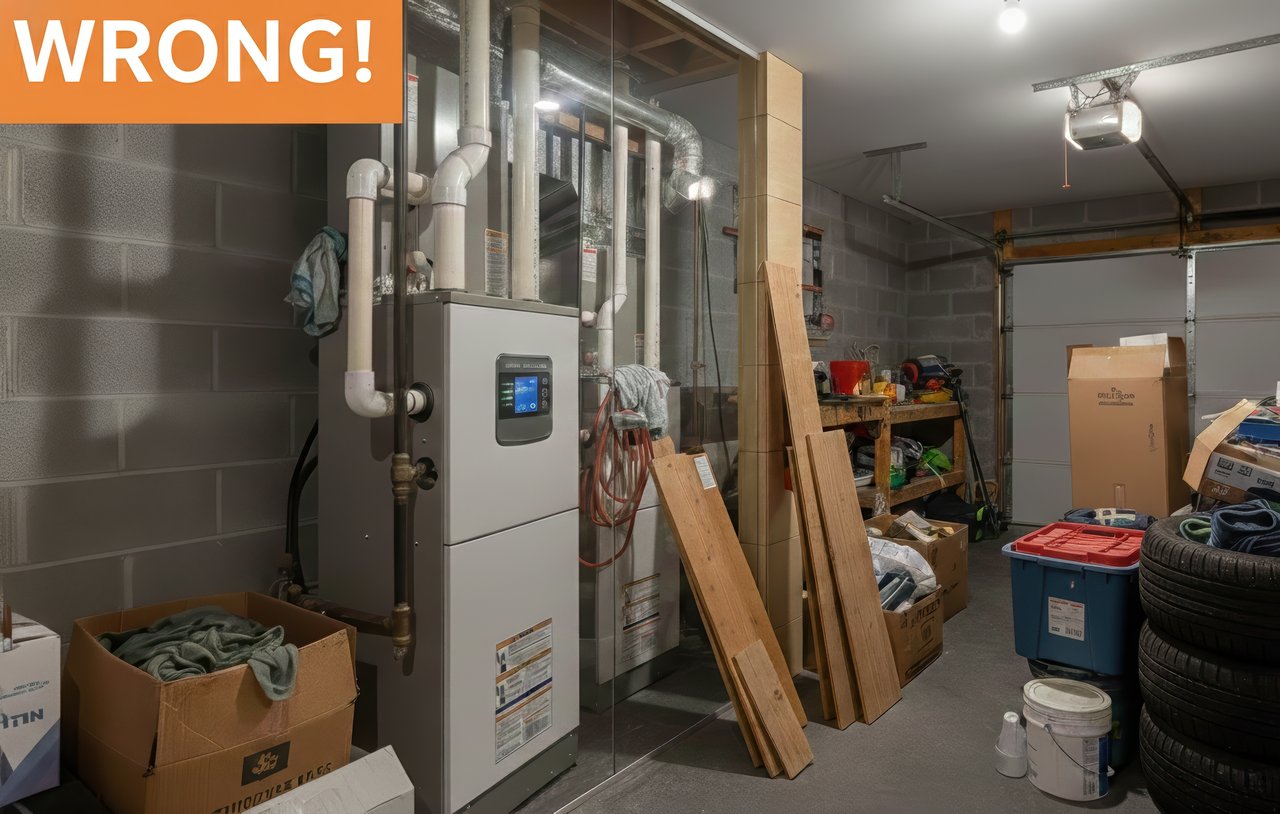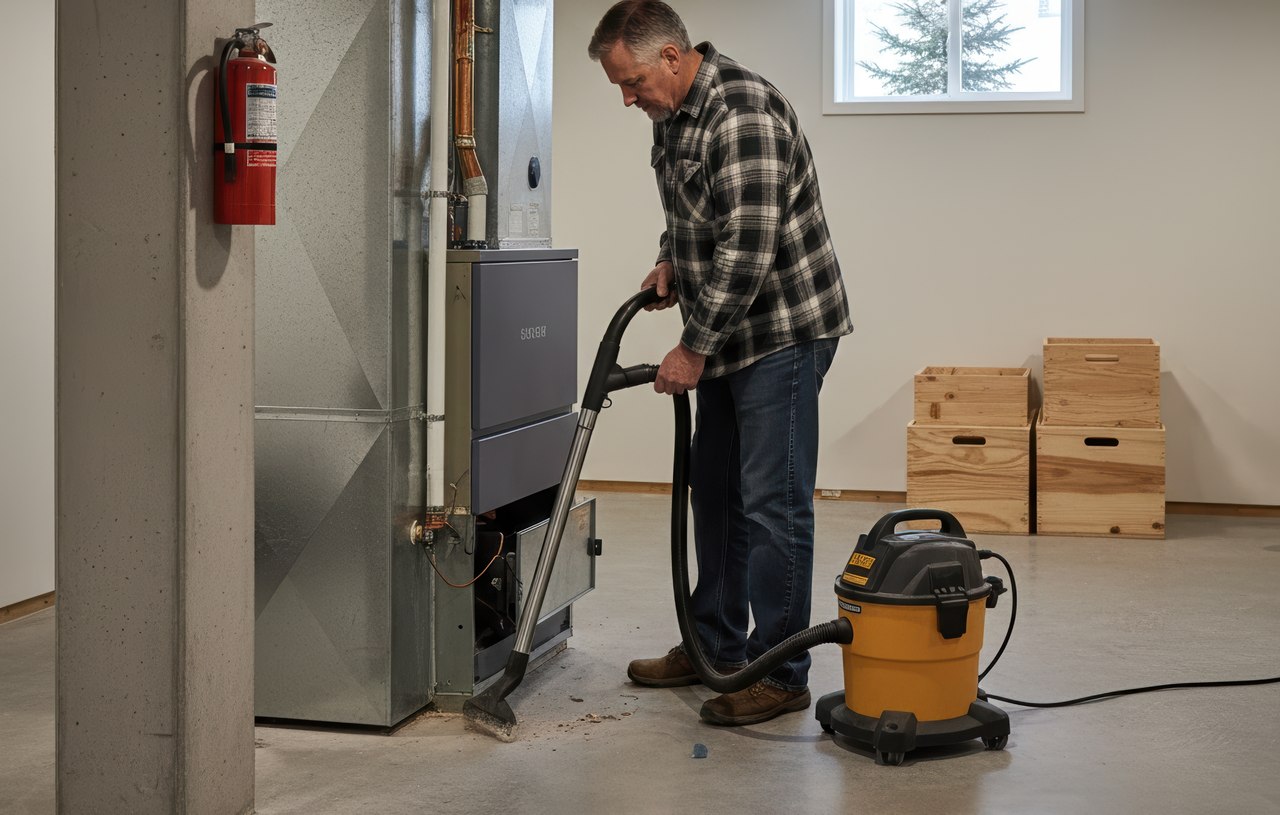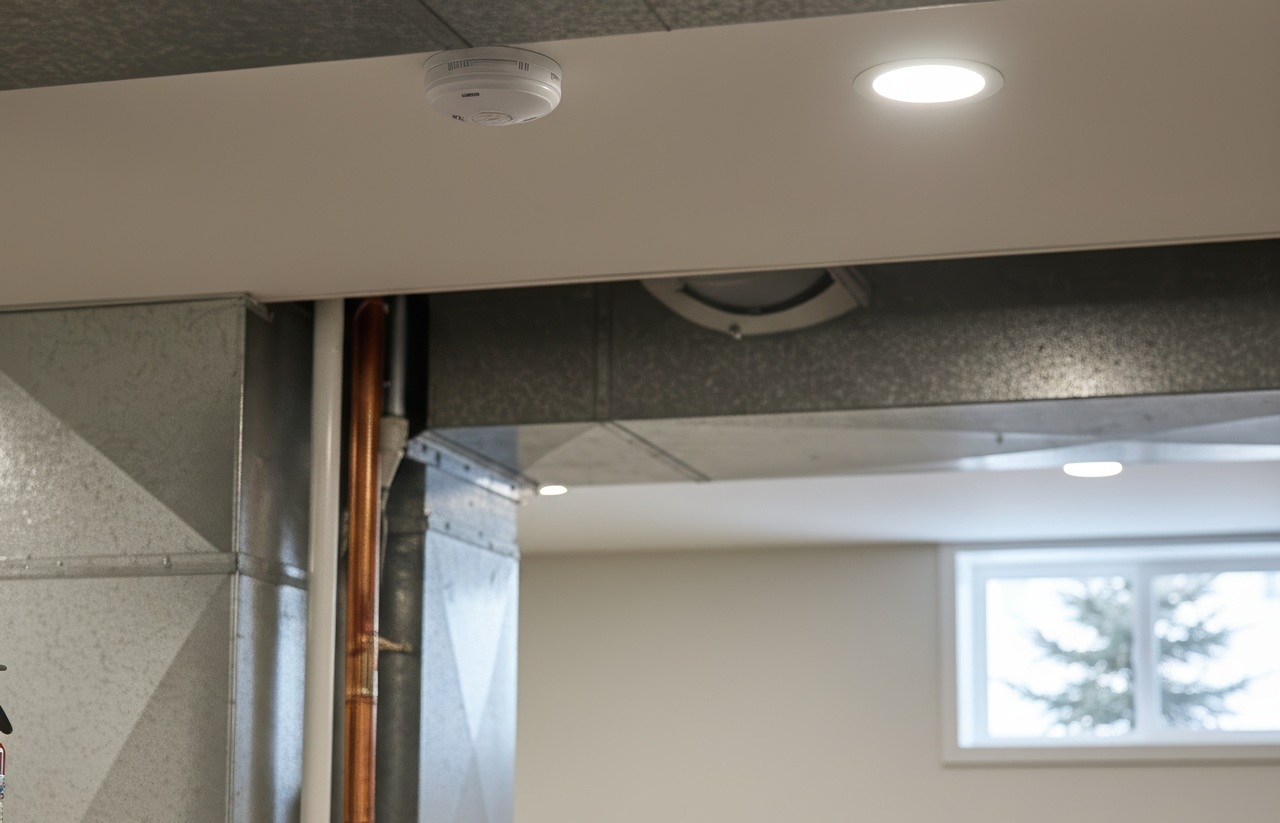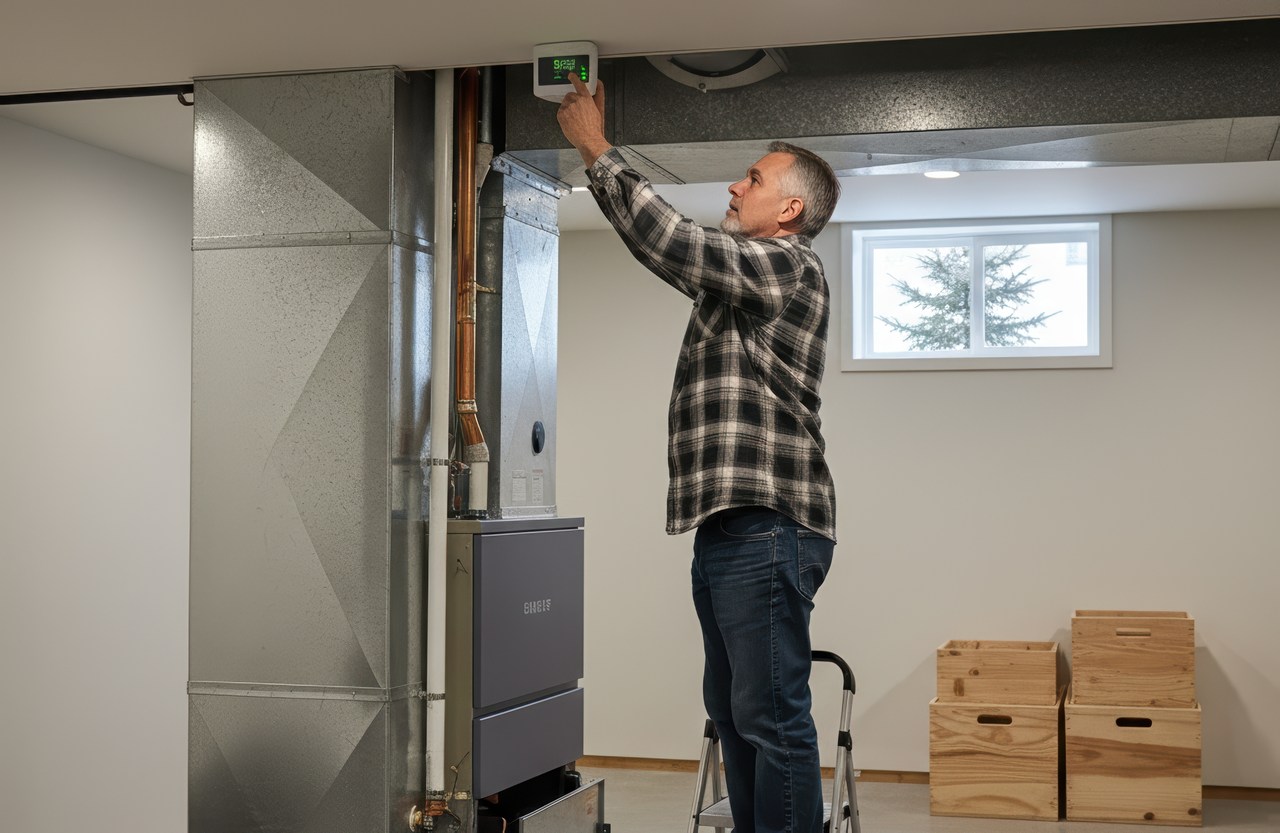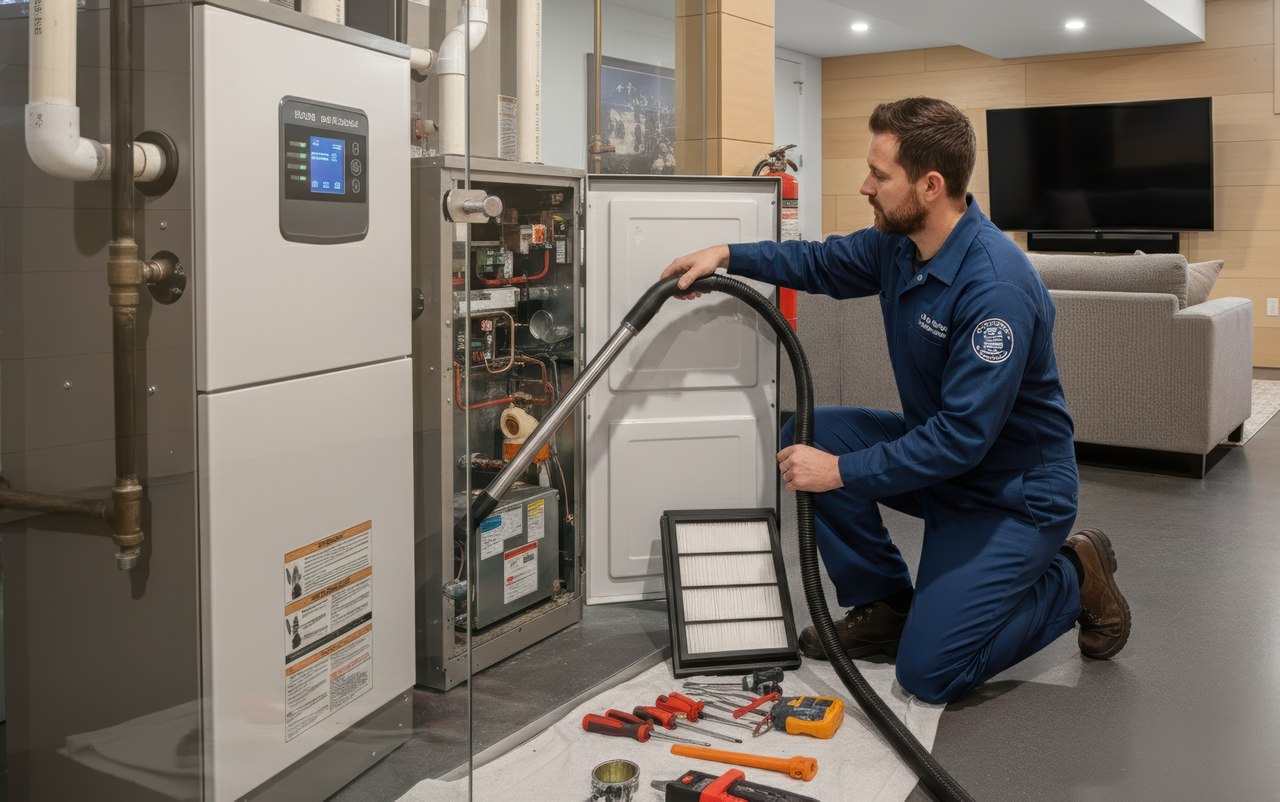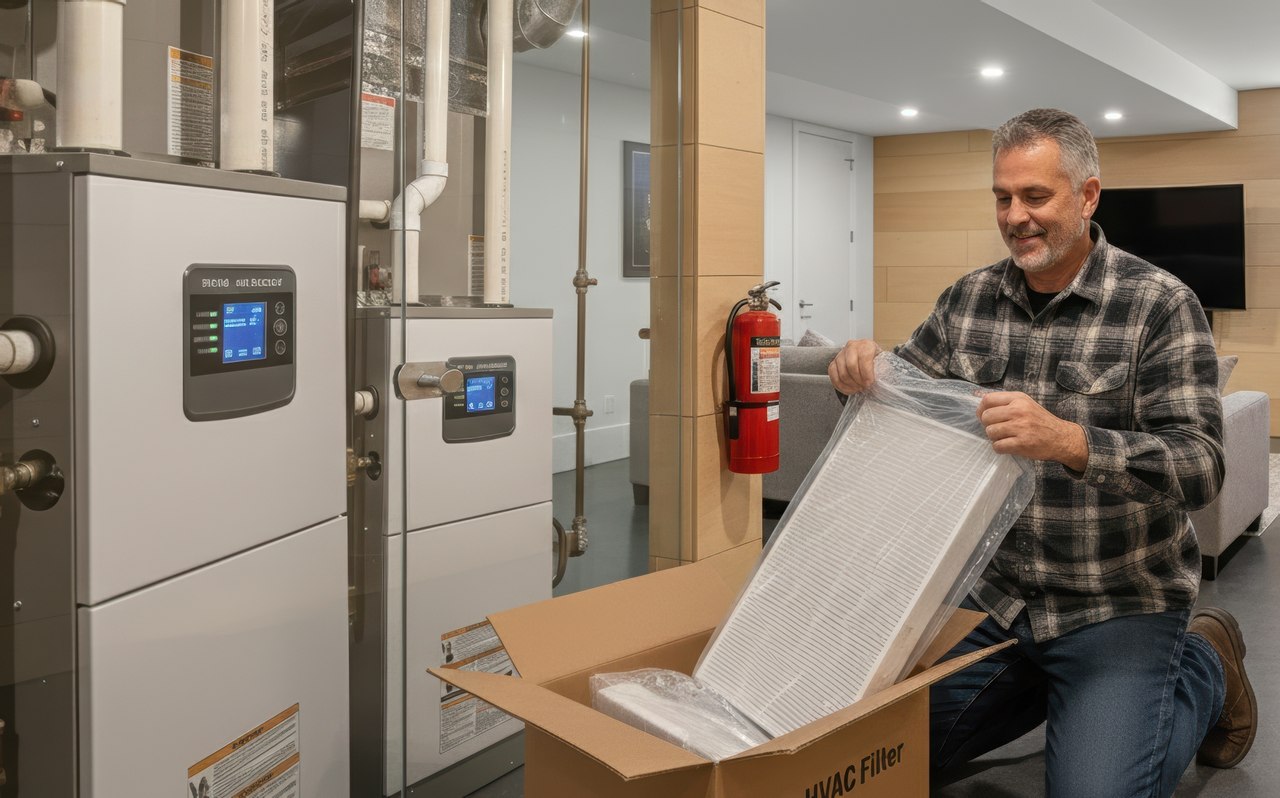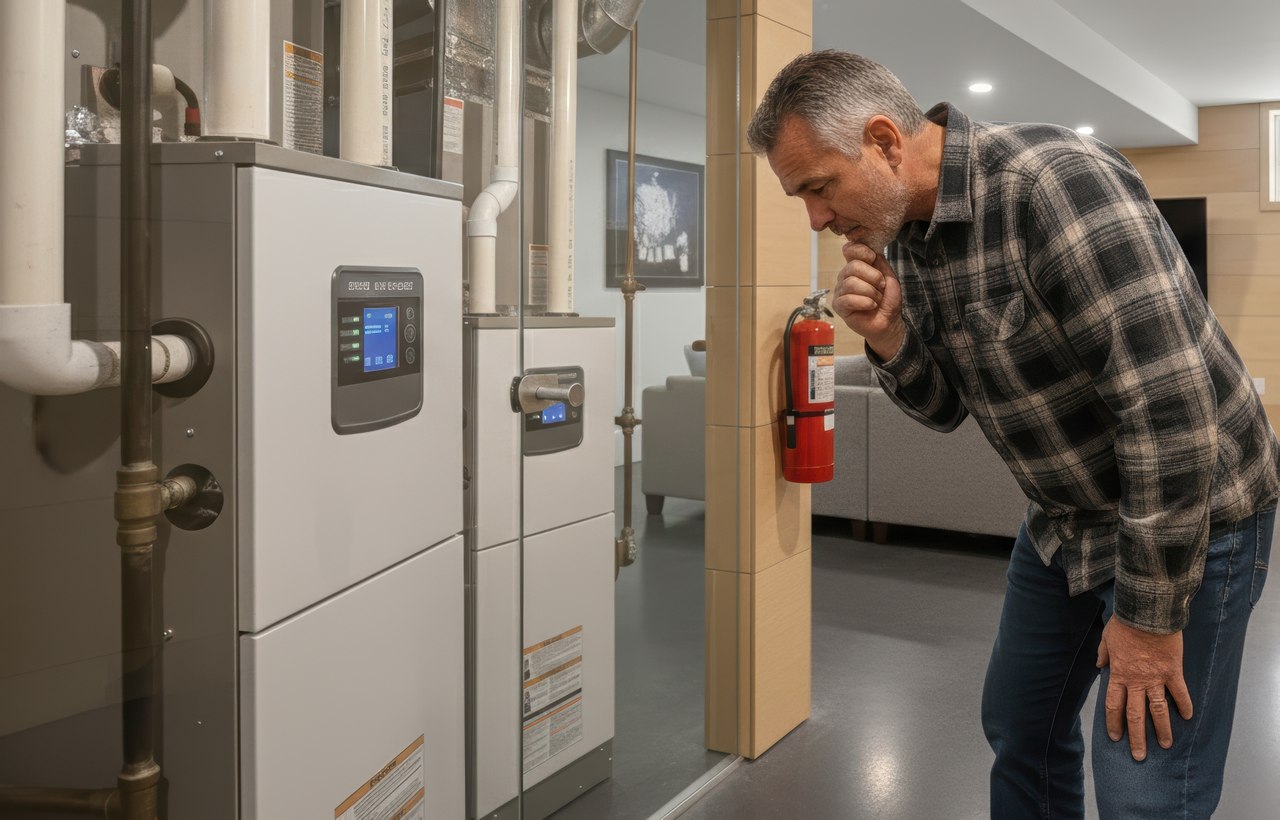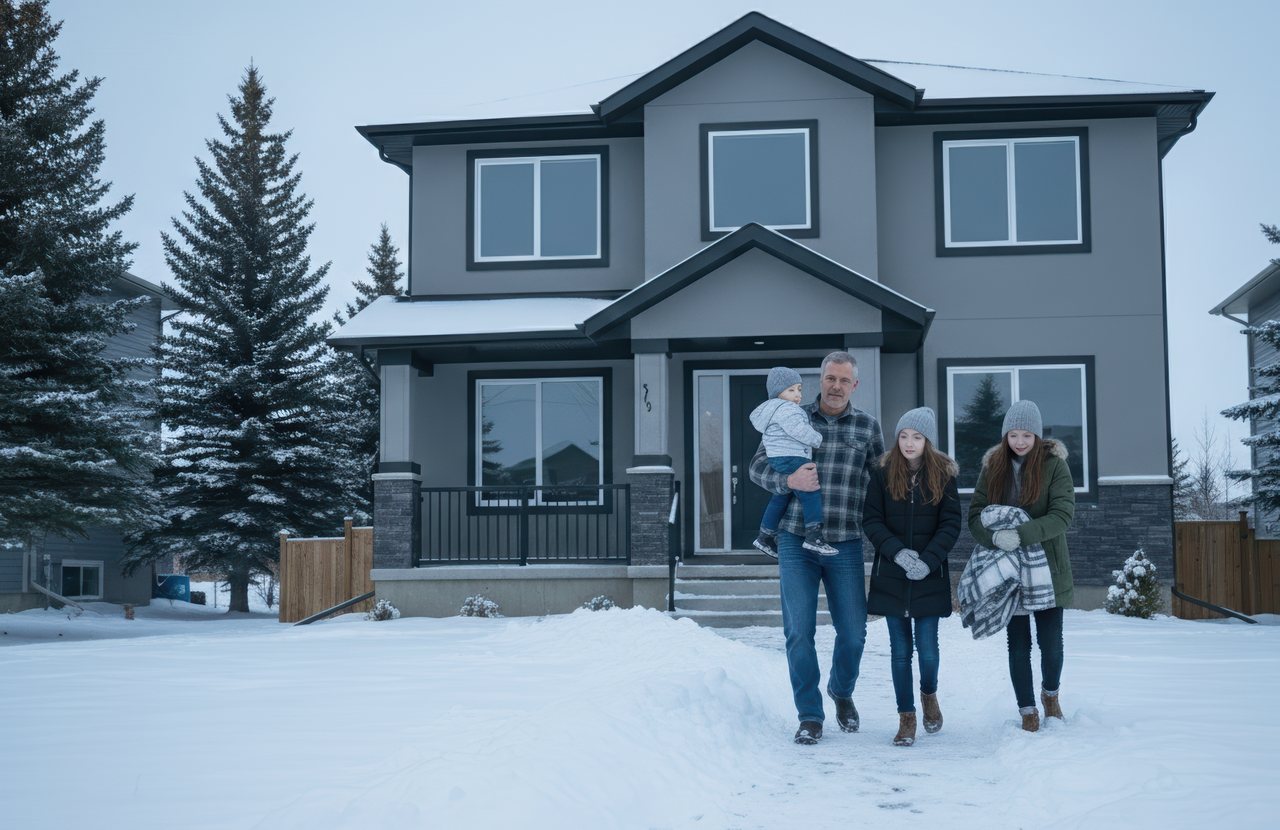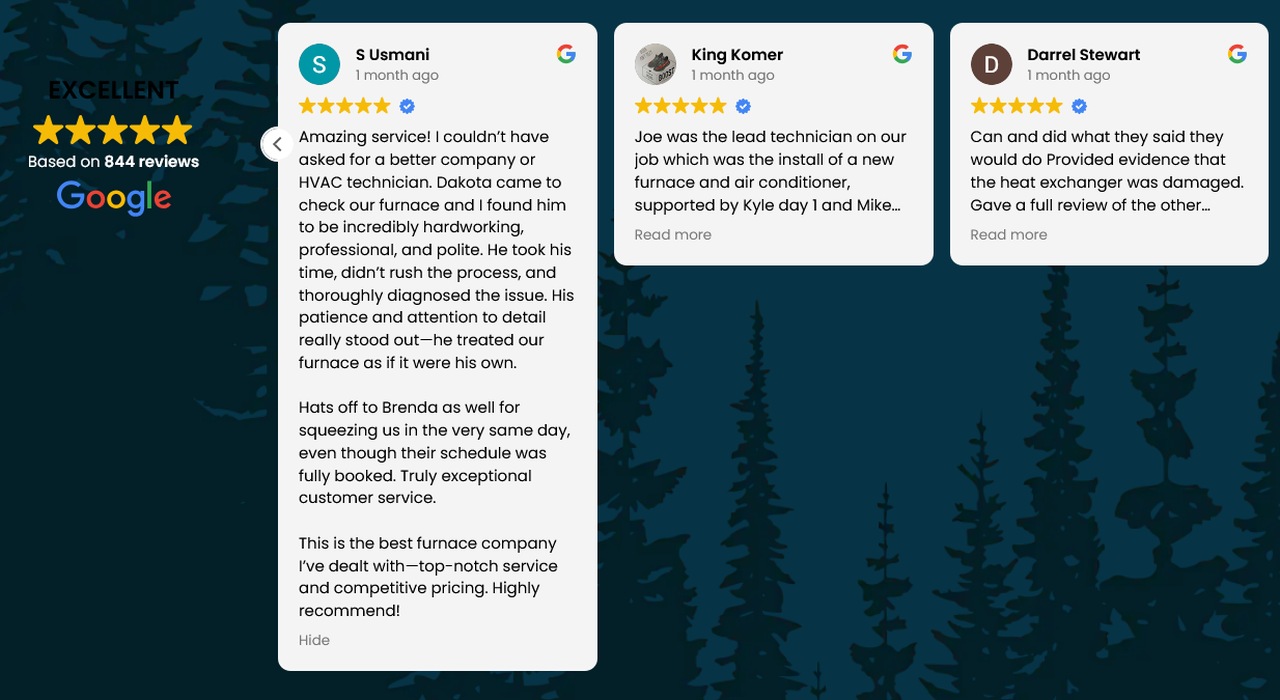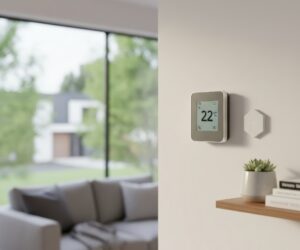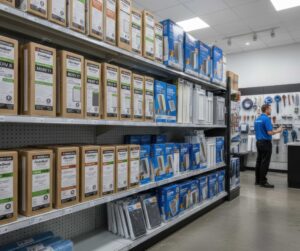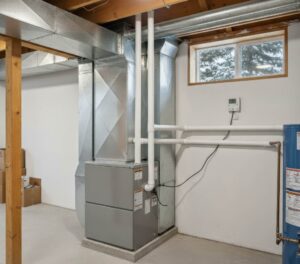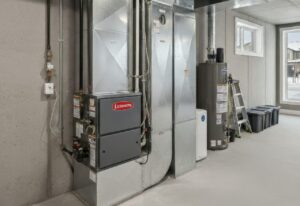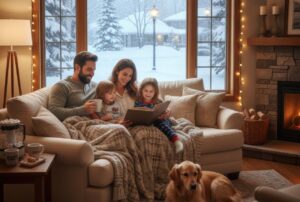Forced-air gas furnaces are the dominant heating system in Alberta, with around 80–85% of Calgary homes using gas furnaces as their primary system.
The main fuel used is natural gas, given our abundant natural gas supply.
While this keeps bills down, safety can be a concern for homeowners. Certain risks come with forced air gas furnaces, which produce heat from combustion and may be running for prolonged periods during our long heating season.
Here are the main furnace safety tips you need to know to keep your family safe this winter…
1. Teach Children and Pets to Keep Away from the Area
Most Calgary homes have their furnace installed in the basement, due to the available space and central access there. The basement is typically a place that the kids might like to venture into to play.
As soon as they learn to walk, teach young children to keep away from the furnace and that it is not a play area. They should take this on board as they grow.
For parents’ peace of mind, even with modern furnace safety enhancements, children should treat the furnace zone as an “out of bounds” area where they cannot go.
Don’t forget your pets, too. If your dogs or cats like to roam into the area where the furnace is installed, take precautions to keep them away.
2. Maintain Proper Ventilation and Airflow
HVAC equipment requires proper ventilation and airflow to maintain safety and efficiency. If airflow is impeded, furnaces can start to struggle, which can create safety issues as well as performance problems and higher energy usage.
Most professional furnace installations in Calgary ensure proper ventilation for the equipment but blockages could result in fire hazards or fumes backing up into the house. This can lead to harmful carbon monoxide gas entering the home rather than exiting via the furnace vent pipe.
Sometimes, snow or ice can block or damage the vent pipe and prevent exhaust gases from exiting the home.
Soot around the walls and ceiling of the basement is a sure sign that you might have a split in a pipe seam, which can impact ventilation. Learn how to check your furnace vent pipe (flue pipe) here.
MAKE THE RIGHT HEATING & COOLING DECISIONS…
For over two decades, Alberta Mountain Air has helped Calgarians solve heating and cooling problems and maintain ideal comfort levels. Get in touch online for a quote.
3. Keep a Fire Extinguisher Nearby
It is estimated that only about 65% of Alberta homes have fire extinguishers. Does yours?
If not, install one near the furnace as soon as possible.
Forced air-gas furnaces use combustion for heating the air. In modern furnaces, the high temperatures are normally well-contained within the equipment.
However, furnaces can still pose an emergency fire risk in some situations. You should be ready to take evasive action against a small fire to prevent danger to your family and damage to your home.
Learn how and when to use a fire extinguisher and when you should evacuate, and teach other family members capable of understanding what to do in an emergency.
4. Keep Flammables and Clutter Away from the Furnace
Another essential furnace safety tip is to keep flammable materials away from the furnace zone.
The immediate area around the furnace should, in any case, be free of clutter. It should provide easy access and good airflow to the furnace.
If your furnace is in a large basement, this is easy enough. However, some homes are more pushed for space, and the furnace is in a cluttered garage or attic, or even in the laundry room.
Pay particular attention to items like cardboard boxes, wooden items, or clothing that can catch fire easily. Also, bear in mind that certain household chemicals like ammonia, paint thinner, paint, gasoline, and some cleaning products can catch fire easily and should be stored well away from your furnace.
As a general safety guideline, keep at least three feet (one metre) of clear space around your furnace, and never store or place items on top of it. Always follow the clearance requirements specified by the furnace manufacturer.
5. Vacuum Around the Furnace Regularly
Another essential piece of DIY maintenance for furnace safety is regularly cleaning around the immediate area. To do so, use an upright vacuum cleaner to clear dust and debris about once a month.
Dust and debris can collect over time and enter the furnace system, clogging up the HVAC filter, impeding airflow, and causing the filter to need changing more regularly.
A clogged air filter can lead to an overworked furnace that uses excessive energy to heat the home, increasing bills and potentially shortening the lifespan of your gas furnace.
Dust can also increase the likelihood of a fire if it enters the pilot flame of the furnace.
6. Add a Smoke Alarm Near Your Furnace
More Calgary homes have smoke alarms installed than fire extinguishers but some homes still neglect this important furnace safety tip. Indeed, the Calgary Fire Department partnered with ATCO Gas recently to install smoke and carbon monoxide alarms during Fire Prevention Week.
Unless a smoke alarm is fitted in the furnace area of your home (not just the bedrooms), you could be jeopardizing your family’s safety.
With home fires, the first couple of minutes are crucial. A smoke detector located right next to the furnace can raise the alarm and act as an essential early warning system.
7. Regularly Check the Carbon Monoxide Detectors
Carbon monoxide (CO) is a colourless, odourless gas produced by the incomplete combustion of natural gas and any other carbon-based fuels. CO poisoning can result in headaches and nausea, and, in the most serious cases, can even be fatal.
While most Calgary homeowners now have carbon monoxide detectors installed (in line with Alberta law requiring them in residences with fuel-burning appliances), some homes either still miss this essential furnace safety step or do not check whether their CO detectors are working properly.
Some homes only have CO detectors in bedrooms. Install them in the basement or wherever the furnace is located, too.
Testing your carbon monoxide alarm is normally simple enough. Many models require only the press of a button. If it’s not working, start by changing the batteries.
8. Don’t Skip Furnace Maintenance or Inspections
Annual furnace maintenance is essential for safety, performance, and energy efficiency. It should never be skipped.
Ideally, book a furnace tune-up before the long heating season kicks in, during the fall, so that your equipment is ready for the worst of the icy temperatures.
A professional HVAC technician will thoroughly clean your furnace. Another of the main benefits of regular HVAC maintenance is inspection of key components for any issues, such as the furnace’s heat exchanger, burners, gas lines, etc.
A professional can spot problems brewing a lot more quickly than you’ll find them, so timely inspections and tune-ups can prevent minor problems from developing into larger furnace safety issues.
It’s best to maintain a log of the inspection dates and notes of what was done and what might need to be done in the future. Keep this log near the furnace to access and refer to as needed.
9. Replace Furnace Filters Regularly
Replacing the HVAC filter regularly is an essential DIY maintenance tip that also improves furnace safety—or clean the filter if your HVAC system supports reusable filters.
Dirty, clogged filters impede airflow and lead to the furnace being overworked. They can cause the system to overheat, damage the heat exchanger, or even cause the furnace to shut down due to safety concerns.
Furnace filters should be replaced every month or two during the winter months, especially if you have pets or allergy sufferers in the household.
If your furnace is struggling to keep up with the home’s heating requirements or you notice a deterioration of indoor air quality, the first place to look is the HVAC filter. Dirty filters cause more problems than any other single component of the heating system.
Find out how to change a furnace filter here.
10. Watch Out for Unusual Smells or Sounds
Unusual sounds or smells coming from your furnace are sure signs that something’s wrong—and could point to safety issues.
When you troubleshoot your furnace before calling the professionals, note any sounds like buzzing, rattling, booming, or popping. Also, if you smell excessive burning, metallic odours, or gaseous smells, immediately seek professional help.
Note the colour of the pilot light. A yellow or orange pilot light can indicate improper combustion, which may increase the risk of carbon monoxide. A healthy pilot flame should burn blue.
If in doubt, shut off the furnace and wait until your furnace professionals arrive. Never try to fix the furnace yourself.
11. Have a Fire Escape Plan
Share your fire escape plan with your family and make sure that everyone knows what to do in the event of a fire. Keep the emergency number for your HVAC professionals in your phone and ready to dial if ever it’s required.
If you think there is a problem with your furnace, shut it off at the power source, implement the escape plan, and call your furnace professionals.
Then, get to a safe place and await the arrival of the pros.
12. Always Call HVAC Professionals for Installation, Repairs & Maintenance
Never attempt DIY furnace repairs or significant maintenance. Take time to find a team of local HVAC professionals that you can trust and call upon if you notice anything untoward.
Ensure your HVAC professionals are licensed, insured, experienced with your furnace type, and have a great track record (it’s so easy to check online reviews these days).
Here are more must-know tips for choosing an HVAC contractor for long-term furnace safety and peace of mind.
Our Furnace Pros Help Keep Calgary Families Safe
If your furnace is frequently short-cycling, making strange sounds or smells, or the pilot light keeps going out or changing colour, don’t take any chances.
Furnace safety should be a priority—and our team of HVAC technicians gives it the attention it deserves.
Whether we’re called out for installation, maintenance, or repairs, we take every measure to ensure your home is safe and comfortable by the time we leave.
Many times, we’ll even pass on preventative care tips for your furnace if we identify anything you could be doing better.
All HVAC professionals at Alberta Mountain Air are SAIT-certified and can help you make the right heating and cooling decisions. So, if you’re in Calgary and need a furnace safety inspection, contact us online.
